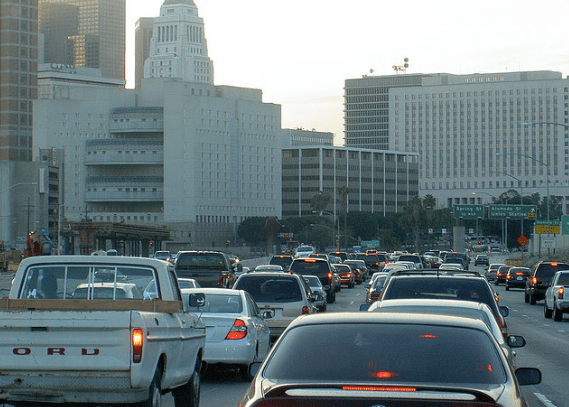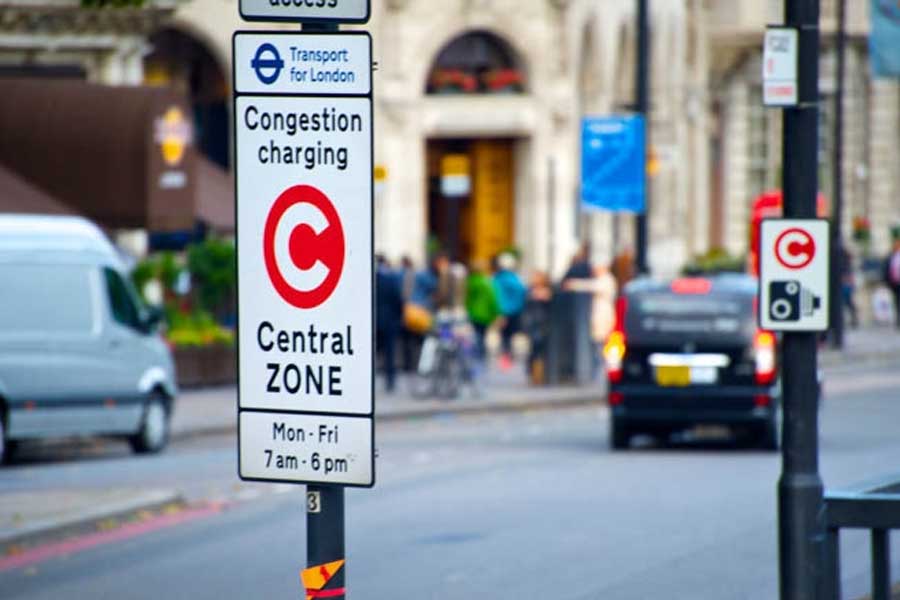Transportation engineers think of themselves as detached and data driven. But bias is built in to many of the profession's key metrics, write Eric Dumbaugh, Jeffrey Tumlin, and Wesley Marshall in an excellent report recently published by the Institute for Transportation Engineers Journal [PDF]. You can trace this bias all the way back to the dawn of the automotive era.

The authors use Level of Service -- the ubiquitous engineering metric that assigns letter grades to streets according to how much traffic delay motorists face -- as the overarching example. LOS is often presented as a neutral piece of data that informs rigorous, impartial decision making. But in truth, it is steeped in subjectivity and a bias toward automobility.
LOS measures the ratio of road capacity to motor vehicle traffic volume, which is then presented as an A to F ranking system, like a school report card. "Asserting that a roadway has failed is not a descriptive statement, it is a call to action," write the authors.
The problem with basing decisions on LOS is that it only tells us about one thing, vehicle delay, while sidestepping other metrics like safety or economic performance. When transportation planners rely on LOS above all other metrics, as they so often do, they are making a judgment that moving cars quickly should be the primary aim of the transportation system.
Since LOS only measures motor vehicle delay, it entirely ignores the experiences of bicyclists and pedestrians. Transit riders get shortchanged too, because their high-occupancy vehicle is considered no different for the purposes of the measure than a car carrying a single person.
Rather than serving as a neutral piece of data, "the current reliance on level of service is based on two philosophical assumptions," the authors write. "The first is that a region's economic performance is linked to vehicle delay, or stated another way that traffic congestion is a drag on our economy that should be eliminated. The second is the assumption that we could resolve the problem of traffic congestion if only we made sufficient investments in transportation infrastructure and operational enhancements."
Neither of those assumptions are supported by the available data. Instead, the inertia of outdated traditions has simply carried forward to the present day, all the way from advocacy by the automobile industry in the early years of transportation engineering, write Dumbaugh, Tumlin, and Wesley. They note that the first endowed chair of transportation engineering at an American university was sponsored by the Studebaker Motor Company.
Instead of establishing LOS as the primary performance measure for streets, as so many transportation departments do, the authors say planners should take time to consider local values. Many urban neighborhoods would prioritize enhancing the experience of cyclists, pedestrians, and transit riders, which has been shown to increase land values and economic performance, as well as safety.





